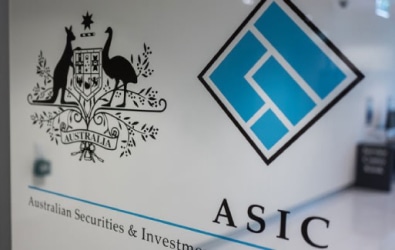Preliminary results from a survey by the Investment and Financial Services Association (IFSA) show that people are comfortable with the way they pay financial advisers.
"Commissions remain a popular way of paying for advice in 2008, with almost seven out of ten people saying they are comfortable with their commission arrangements," IFSA chief executive Richard Gilbert said.
Of the people surveyed, half of those with an adviser said they pay for advice through commissions from the investment management fee.
Over two thirds of those said they were comfortable with this approach [commissions], a quarter said they have no opinion either way and less than one in ten said they were uncomfortable, IFSA's Investor Sentiment Benchmarking Research noted.
Despite the market, 90 per cent of those currently seeing an adviser say they are satisfied or extremely satisfied with their experience, the research said.
The results follow the recent announcement made by the Minister for Superannuation Nick Sherry that the Government would conduct a review of the superannuation system, including an examination of commissions.
"IFSA welcomes the Minister's review of the structure and cost of the superannuation system," Gilbert said.
Association of Superannuation Funds of Australia chief executive Pauline Vamos called for a more informed debate on the issue of fees at a lunch in Sydney yesterday.
"The current [media] reports on fees and commissions have derailed the debate about advice. We should be focused on areas such as single issue advice and intra-product advice," Vamos said.
"Many superannuation funds are now offering financial planning as part of their service. Advice is important no matter how much income a person has."
According to FPA chair Julie Berry, seven out of 10 Australians are not currently utilising the services of a financial planner.
"Recent research shows that those who do are generally far better off and far more confident about their ability to weather economic uncertainties, including such issues as the negative performance of super during the last quarter," Berry said.
"Most of them (77 per cent) are more likely to sit tight and ride out the storm."





